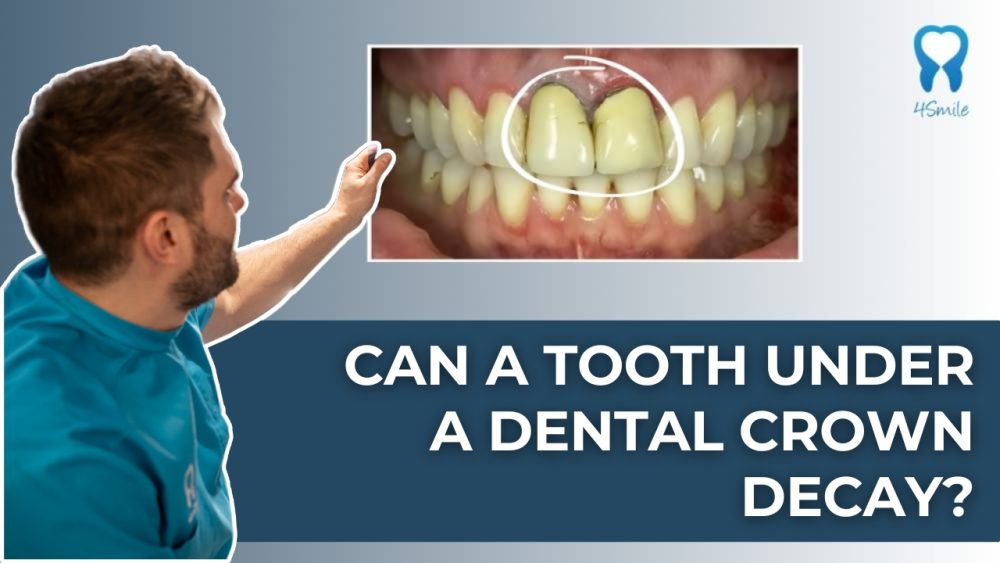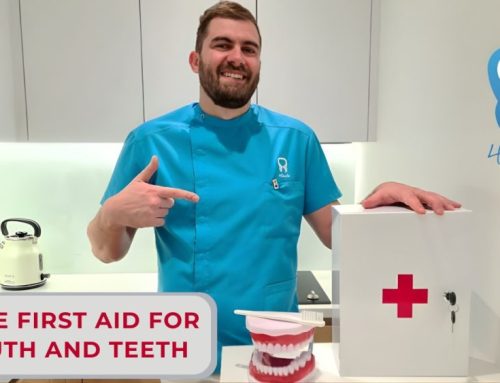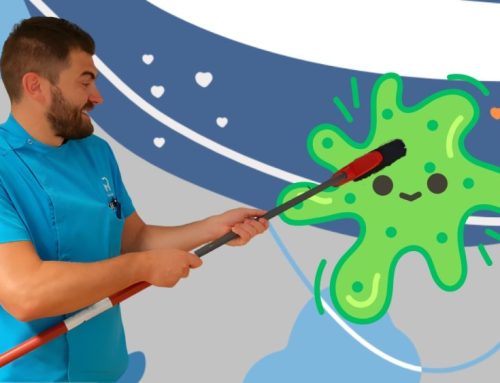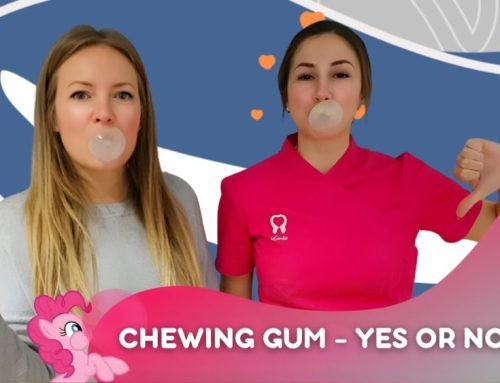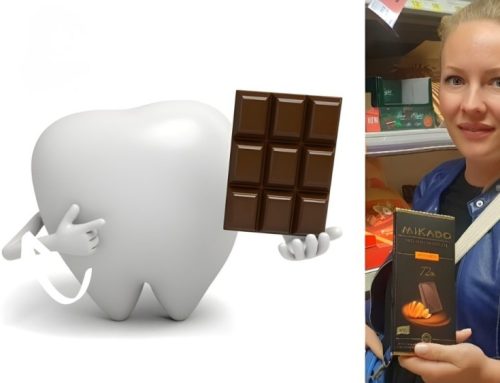Can a tooth under a dental crown decay?
Dental crowns are a common solution for restoring damaged or weakened teeth, providing both functional and aesthetic benefits. However, despite their effectiveness in protecting and strengthening teeth, questions often arise about the potential risks associated with placing a dental crown over an existing tooth.
In this week’s blog by Dental Center 4Smile, we will explore the topic of whether a tooth under a dental crown can decay.
Understanding Ceramic Dental Crowns
Before delving into potential risks, it is essential to understand the function of ceramic dental crowns. A ceramic dental crown is a prosthetic cap placed over a damaged or weakened tooth. It serves to restore the shape, size, strength, and appearance of the tooth while simultaneously protecting it from further damage. Ceramic dental crowns are made from various materials such as ceramic, metal, zirconia, or a combination of these materials, chosen based on the specific needs and preferences of the patient.
Potential Risks for the Tooth Under a Ceramic Dental Crown
Although ceramic dental crowns are designed to enhance the durability and longevity of teeth, there are circumstances where the tooth underneath the dental crown can still be susceptible to damage:
- Cavities:
Despite the dental crown covering the visible part of the tooth, the underlying tooth structure can still be vulnerable to cavities if proper oral hygiene is not maintained. Plaque and bacteria can accumulate around the edges of the dental crown, which can lead to cavities and potential damage to the tooth underneath.
- Cracks:
While dental crowns are durable, they are not indestructible. In some cases, external trauma or excessive force, such as teeth grinding (bruxism), can cause the dental crown to crack or fall off, potentially exposing the underlying tooth to damage.
- Gum Disease:
Poor oral hygiene can also contribute to gum disease, which can affect the supporting tissues around the tooth. If untreated, gum disease can lead to gum recession and bone loss, compromising the stability of the dental crown and the health of the tooth underneath.
Preventive Measures and Maintenance of Teeth Under Dental Crowns
To minimize the risk of damage to the tooth under a dental crown, it is crucial to pay attention to preventive measures and proper maintenance:
– Maintaining good oral hygiene:
Brushing your teeth twice a day, regularly using dental floss or an oral irrigator can help prevent plaque buildup and reduce the risk of cavities and gum disease.
– Regular dental check-ups:
Schedule routine dental check-ups and dental cleanings to monitor the health of your teeth and gums and address any issues promptly.
– Addressing teeth grinding:
If you have a habit of grinding your teeth, your dentist in Europe, Croatia, Ivan Antolković may recommend a night guard to protect both your natural teeth and ceramic dental crowns.
– Avoiding hard foods:
Reduce the consumption of hard or sticky foods that could potentially damage the ceramic dental crown or the underlying tooth.
Conclusion
While ceramic dental crowns provide effective protection and restoration for damaged teeth, it is important to recognize that the underlying tooth can still be susceptible to damage under certain circumstances.
By maintaining good oral hygiene, promptly addressing any underlying issues, and following the recommendations of your dentist in Europe, Ivan Antolković, you can ensure the long-term health and stability of both your dental crowns and the natural teeth they cover.
Regular dental care and preventive measures are key to preserving your smile for many years.
